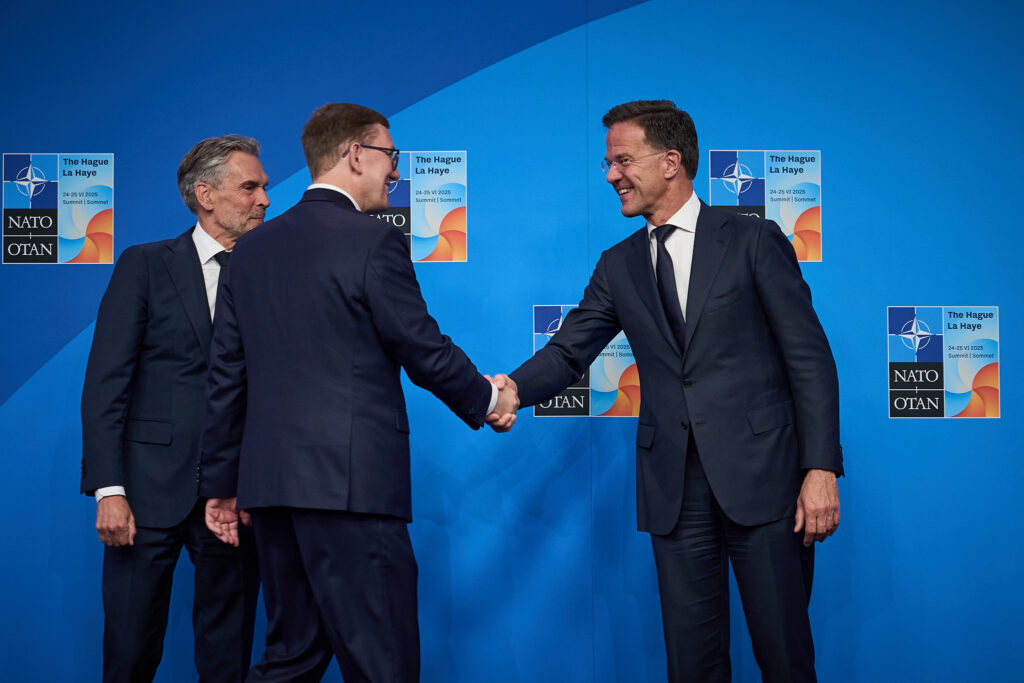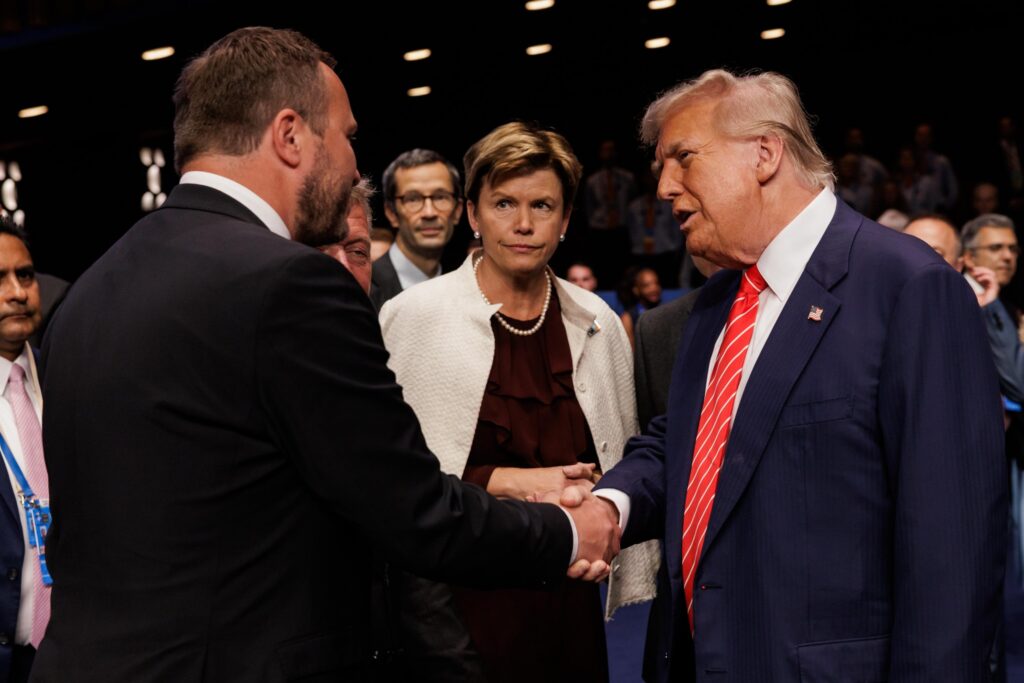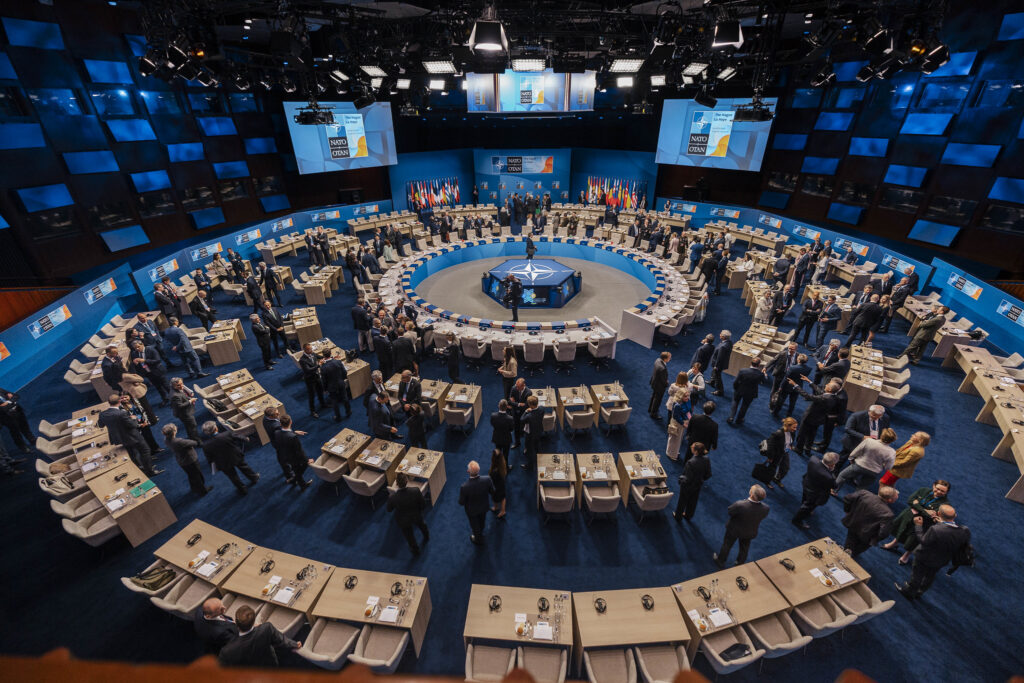Russia is the most serious long-term threat we face, the Estonian prime minister, Kristen Michal, told NATO allies at the Hague summit on 25 June; the foreign minister, Margus Tsahkna, added that Ukraine’s fight against Russia directly ensures NATO’s security.
“We are living in an increasingly dangerous world. Russia has shown no interest in peace and continues to kill in Ukraine. Moreover, together with Iran, China and North Korea, it is trying to change the current rules-based global order,” Michal said at the summit.
According to him, NATO must become stronger to respond to this. “Our enemies respect NATO because we are strong together, but in today’s world it requires even more of our collective efforts,” he stressed.
“Ukrainians have shown they can stand up to Russia. We must support them in this, but at the same time increase our defence capabilities and contribution to the defence industry. Currently, Russia produces as much ammunition in three months as NATO does in a whole year,” the prime minister said.
Michal also thanked the prime minister of the United Kingdom, Kier Starmer, the French president, Emmanuel Macron, and the US president, Donald Trump, for their contributions to the security of our region with soldiers stationed in Estonia.

Ukraine ensuring the security of all NATO members
The Estonian foreign minister, Margus Tsahkna, at the NATO-Ukraine council meeting, noted that by standing up to Russian aggression, Ukraine is directly ensuring the security of all NATO members.
“The relentless barrage of drones and missiles on Ukrainian cities – including yesterday’s attack in Dnipro that claimed 16 lives – proves that Russia has not abandoned the goals that led to the aggression in the first place. These goals are to subjugate the whole of Ukraine and to push NATO away from its borders,” Tsahkna said.
“Russia must under no circumstances be allowed to achieve these aims, as even the smallest concession will only increase its demands. Russian aggression against Ukraine will end only when Russia loses hope of achieving its imperialist objectives on the battlefield.”
According to the foreign minister, all necessary measures must be taken to increase pressure on Russia, including utilising frozen Russian state assets and imposing stricter sanctions. In this context, Tsahkna stressed the need for the European Union to adopt its 18th sanctions package as soon as possible. He also noted that the adoption of the sanctions bill proposed by US Senator Lindsey Graham would have a significant impact.

Estonia can be satisfied with the summit outcome
After the summit, the foreign minister said Estonia can be satisfied with the outcome. During a conversation with Trump in the margins of the summit, Tsahkna also thanked the United States for the efforts that led last week to the release of Estonian citizen Allan Roio from a Belarusian prison. He also said that the presence of US troops in the Baltic states is an important part of deterring Russia, which poses the greatest threat to NATO, and guaranteeing peace in Europe.
“At the summit in The Hague, NATO allies made a historic decision to raise defence spending to 5% of GDP. This decision will make it possible to finance the agreed NATO defence plans and capability targets and to counter all threats facing NATO Allies, the most serious and long-term of which is Russia,” Tsahkna said.
Estonia will reach this goal next year and the foreign minister expressed hope that other allies would act as a matter of urgency to strengthen the deterrence and defence posture.
The summit reaffirmed the full commitment of NATO allies to collective defence under Article 5 of the Washington Treaty, which means an attack on one ally is an attack on all.
The NATO summit took place in The Hague, the Netherlands, from 24 to 25 June. The next NATO meeting will be held in Turkey in 2026, followed by one in Albania.

